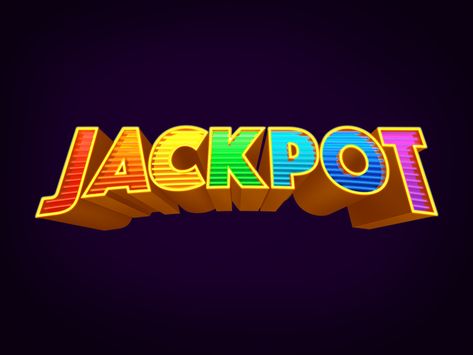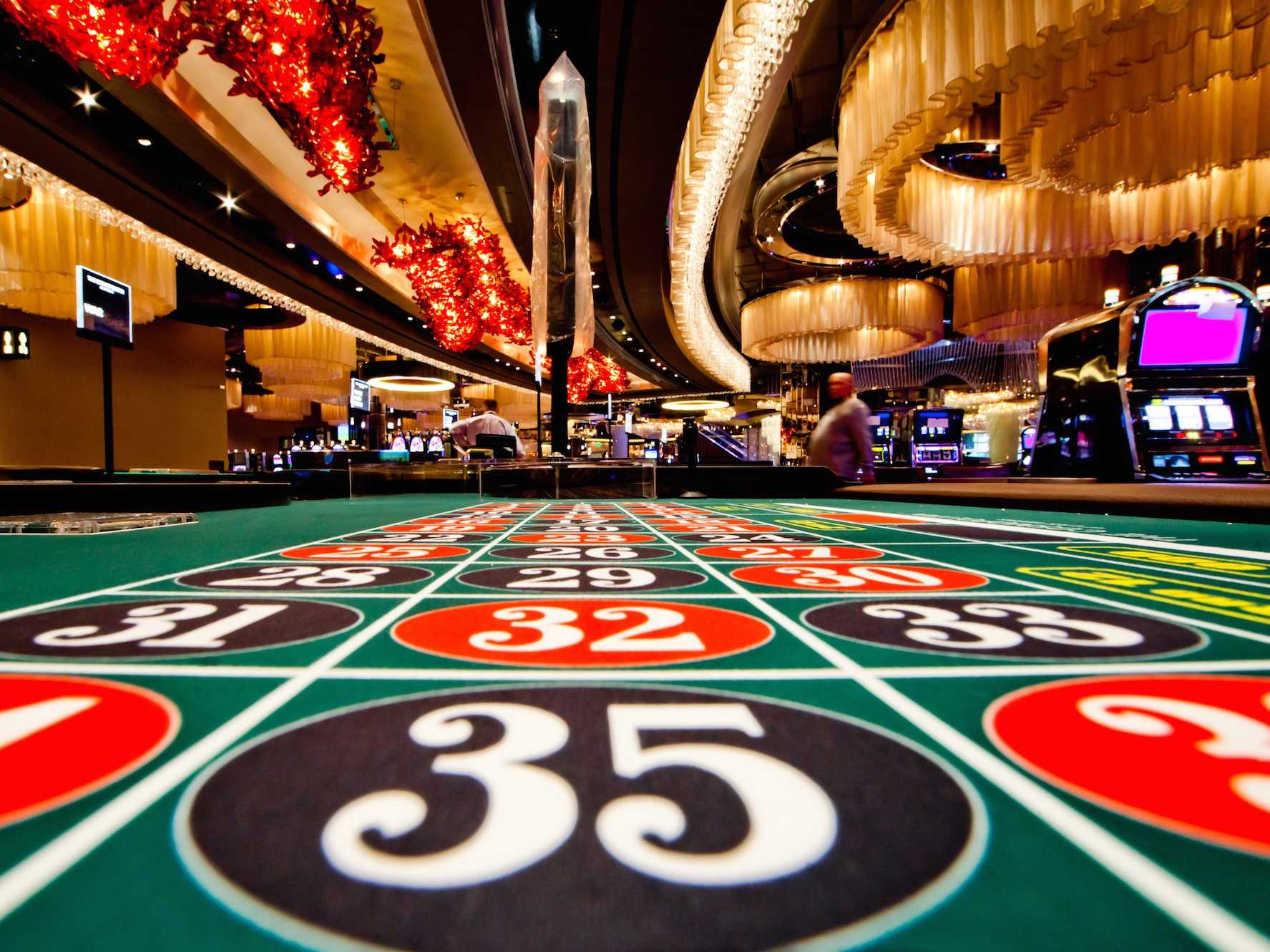The Eternal Tomorrow
Every gambler knows the inner whisper: “Tomorrow, I’ll stop. Tomorrow, I’ll start fresh. Tomorrow, I’ll begin a new life.” This quiet promise is one of the most common psychological rituals in the world of gambling. On online platforms like needforspin.gr, players often find themselves stuck in this loop – playing today with the conviction that their clean slate will begin tomorrow.
This “tomorrow phenomenon” is more than procrastination. It is a profound psychological defense mechanism: a way for players to maintain both hope and denial. It transforms the casino into a space where self-reinvention is always possible – just not yet.
The Promise of Tomorrow as a Coping Strategy
Delayed Redemption
By postponing change, players protect themselves from guilt. Instead of feeling trapped in loss or excess, they believe that redemption is already planned – just a day away.
Maintaining Dual Selves
Psychologists describe this as temporal self-splitting. The “present self” indulges, while the “future self” will carry the burden of responsibility. Both can exist without colliding, as long as change is deferred.
Casinos as Stages for Self-Reinvention
The Ritual of Rebirth
Casinos function like symbolic chapels of renewal. Each bet carries the potential for transformation – money doubled, lives changed. The “tomorrow promise” extends this logic beyond the game, projecting transformation into life itself.
Everyday Life vs. Casino Life
Outside the casino, routines and responsibilities feel inescapable. Inside, everything resets with each spin. The promise of “tomorrow” mirrors this reset: an endless chance to begin again.
Why Players Believe in the “New Life”
The Language of Hope
Humans are wired to believe in fresh starts. From New Year’s resolutions to diet plans, the idea of starting anew has deep cultural and psychological roots. Gambling intensifies this by combining hope with tangible rituals.
The Illusion of Control
Saying “tomorrow” feels like control. Even if outcomes are random, players convince themselves they are controlling the timeline of their transformation.
The Emotional Mechanics of Delay
Guilt Management
If a player has lost too much, they escape guilt by shifting responsibility: “This was my last day like this. Tomorrow I’ll be different.”
Addiction’s Best Friend
The promise of tomorrow is one of addiction’s strongest allies. It justifies continued play today while masking the inability to stop.
Case Studies of the Tomorrow Phenomenon
- The Weekend Gambler: Promises every Sunday night to stop “tomorrow,” only to reset the cycle weekly.
- The Online Player: Logs into casino at midnight, rationalizing: “Tomorrow hasn’t started yet – I’ll quit then.”
- The Chronic Dreamer: Sees every loss as part of the story that ends with tomorrow’s miraculous win.
Cultural Parallels
Religion and Repentance
Just as religions allow confession and new beginnings, gambling rituals echo this pattern: sin today, salvation tomorrow.
Literature and the Eternal Procrastinator
From Dostoevsky’s gamblers to modern films, the character who says “tomorrow I’ll change” is a universal archetype of human weakness – and resilience.
The Beauty and the Danger of the “Tomorrow”
Why It Feels Comforting
The promise of tomorrow provides hope, structure, and even a sense of control. It allows gamblers to carry on without despair.
Why It Is Dangerous
But this comfort is deceptive. The new life rarely arrives. Tomorrow becomes an eternal horizon, and the cycle of play continues indefinitely.
Expert Insights – Tomorrow as Psychological Armor
Behavioral psychologists argue that the tomorrow phenomenon is not laziness but emotional armor. It protects the fragile psyche of the gambler from collapse. But like armor, it also prevents vulnerability and real change.
Conclusion – Living for the Next Day
The promise of “tomorrow” is as much a part of gambling as chips and cards. Casino platforms host not just bets but psychological dramas in which players negotiate with themselves: indulgence today, salvation tomorrow.
This phenomenon reveals a painful truth: the gambler doesn’t lack self-awareness. They know change is needed. What they lack is the courage to make today the beginning.
Casinos, therefore, are not only about risk and reward – they are about the eternal postponement of transformation. And in this, they hold up a mirror to the human condition itself: always dreaming of tomorrow, rarely living in today.

